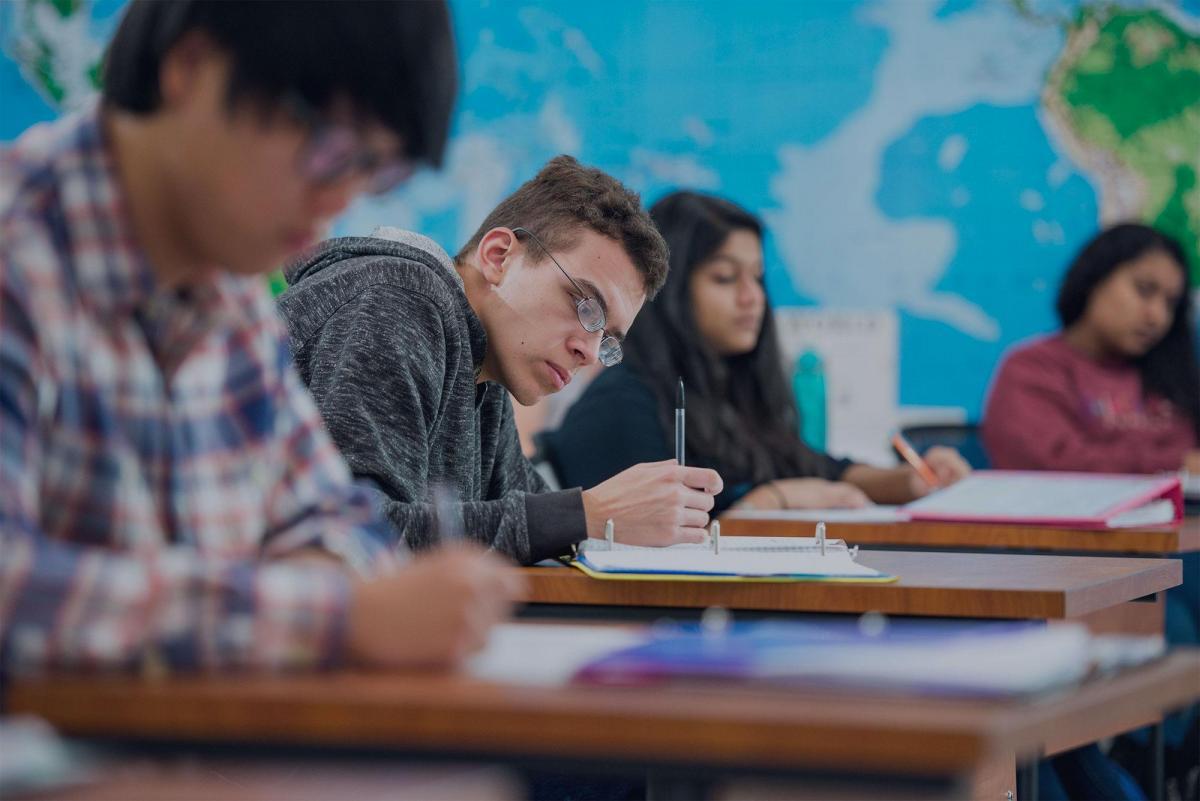Every parents’ dream is for their child to get the best, most hands on learning experience possible. For sixty fourth through seventh graders from Suffolk, Franklin, Southampton, and the Isle of Wight, this dream would come true at the Tidewater Regional Governor’s School at Windsor High School.
For three weeks, students were brought together due to their interest in science and technology. Whether it’s yeast or magnets, these students bonded through their shared love of discovering new things about the world.

The program was spear-headed by Liz Petry, a gifted resources director at the Mack Benn Jr. Elementary School in Suffolk. According to her, so much “hands-on” learning that occurs in school isn’t effective or balanced with the needs of the kids. With too many students in the classroom, it can be all too easy to ignore the progress of different students’ learning.
On the other hand, Petry designed the summer program to expose students to a whole range of distinct and exciting experiments. Founded in 1991, the Tidewater summer camp introduces rising students to professional scientific methods that are required for basically any STEM work conducted later on in life.
All of the students were hand-selected through an incredibly selective application process, which many parents dedicate significant time to helping their children craft. The students move way past textbooks and into the lab, where they can gather the skillsets necessary to succeed in any scientific field.
Some students are selected for specific skillsets, while others have demonstrated a more broad, generalized intelligence concerning scientific fields. Whether it’s chemistry, thermodynamics, or electrical engineering, no experiment is too difficult for these quick-witted kids to master in the summer program.
Many students mentioned that their absolute favorite experiment involves making rock candy and ice cream with chemical sciences. At the end, they get to eat their yummy creations.
Students also seemed to love working in the nanotechnology lab, since they got the opportunity to make race cars powered by magnets that ran on a charged track.

Though experimentation is the most vital aspect of the summer course, reading and writing are also heavily emphasized so that students can learn in well-rounded ways. All the students are reading a high-level novel called “Things Not Seen”.
Many companies that work in the sciences take time to come down to the summer program, providing informative and fun talks on scientific and academic topics. A few of these companies include the Jefferson Lab and BASF Global Chemical. Later in the month, students go on a field trip.
According to Liz, one of the most memorable field trips was to the Surry Nuclear Power Station scheduled for Tuesday, July 24th. Eager students were able to learn so much about how nuclear energy works and is transmitted into useful power sources that can run whole cities or countries.
When asked about why the program is so selective, Liz emphasized the importance of engaged learning. Students who aren’t really all that involved in the program can often encourage other students to slack off. Yet when all of the students genuinely want to be there, the learning environment thrives and everyone can grow at their own pace.
Additionally, all of the students grow and bond so much over the course of just three weeks. The program teachers all express how surprised they are every year at how close the children become to each other.
The directors of the summer camp program are excited to see where this experience takes the fourth through seventh graders in the next couple of years. Through the program, students learn life long skills necessary to conduct scientific research. Petry expects many of these students will end up as doctors, researchers, academics, and chemists.
Visit https://www.tidewaternews.com for more breaking news.







![Best Invisible Fences For Dogs [Updated April 2023] Best Invisible Fences For Dogs](https://www.tidewaternews.com/wp-content/uploads/2022/04/Best-Invisible-Fences-For-Dogs-100x70.png)

